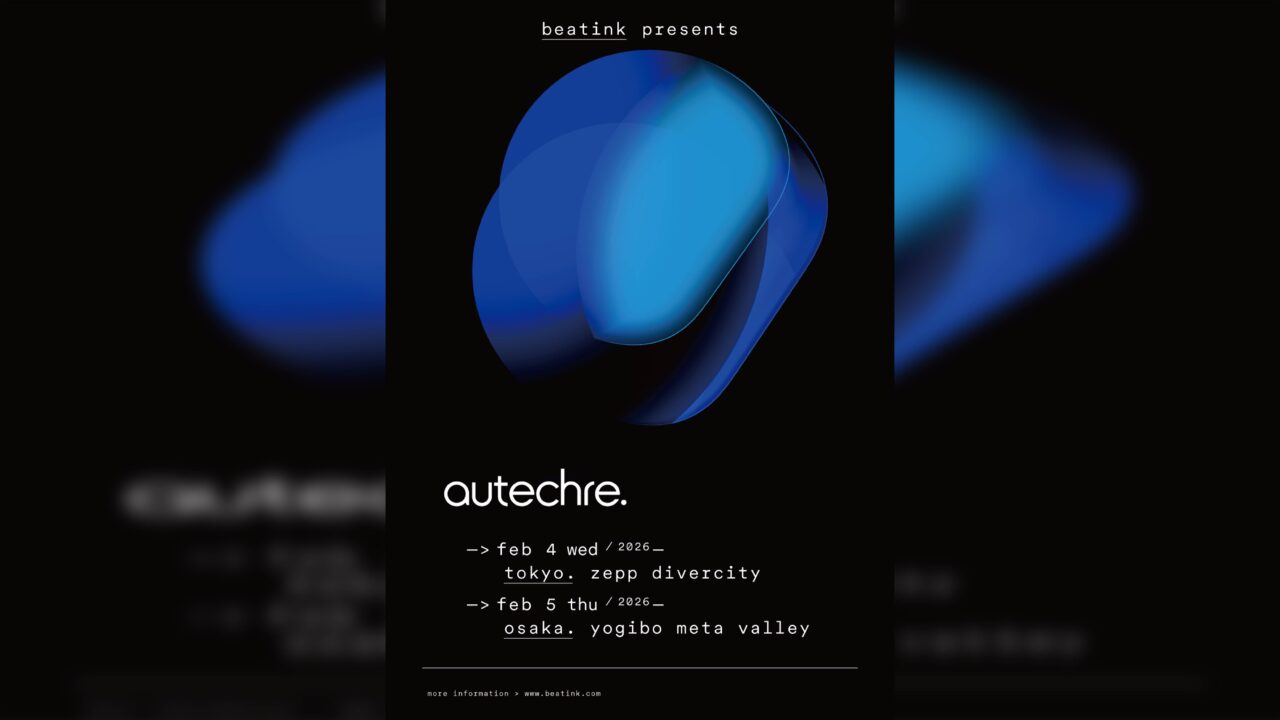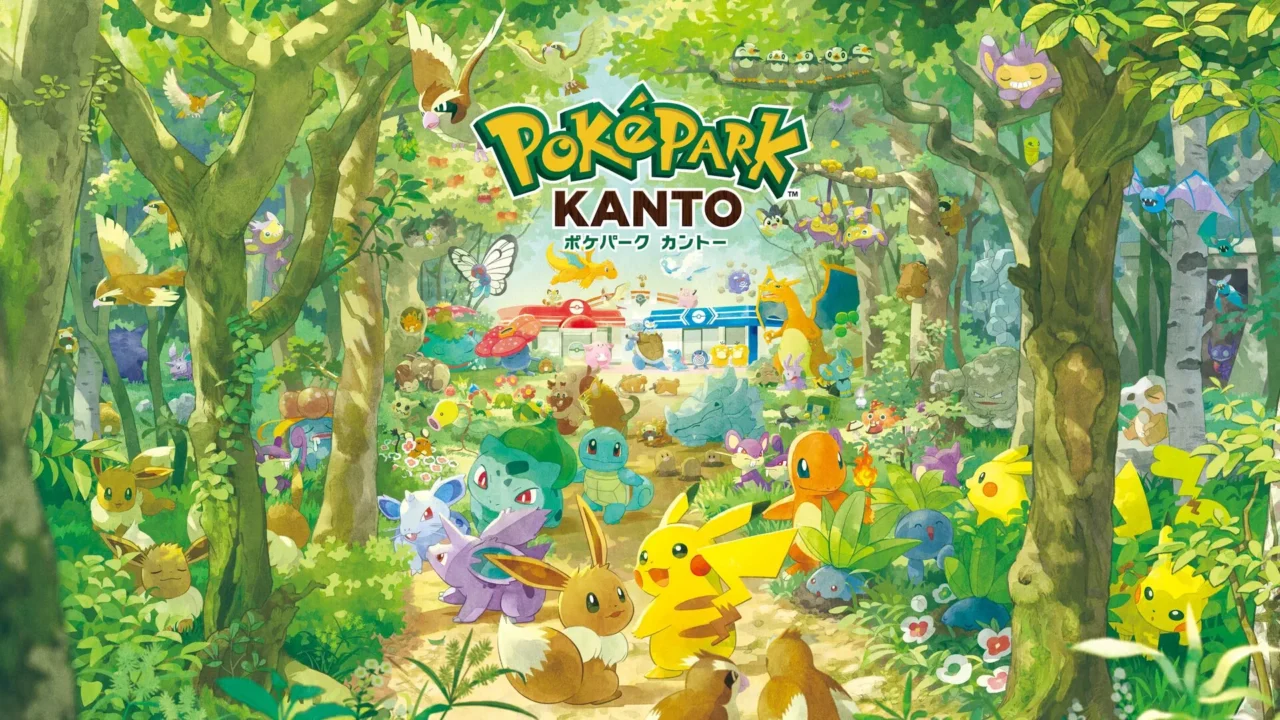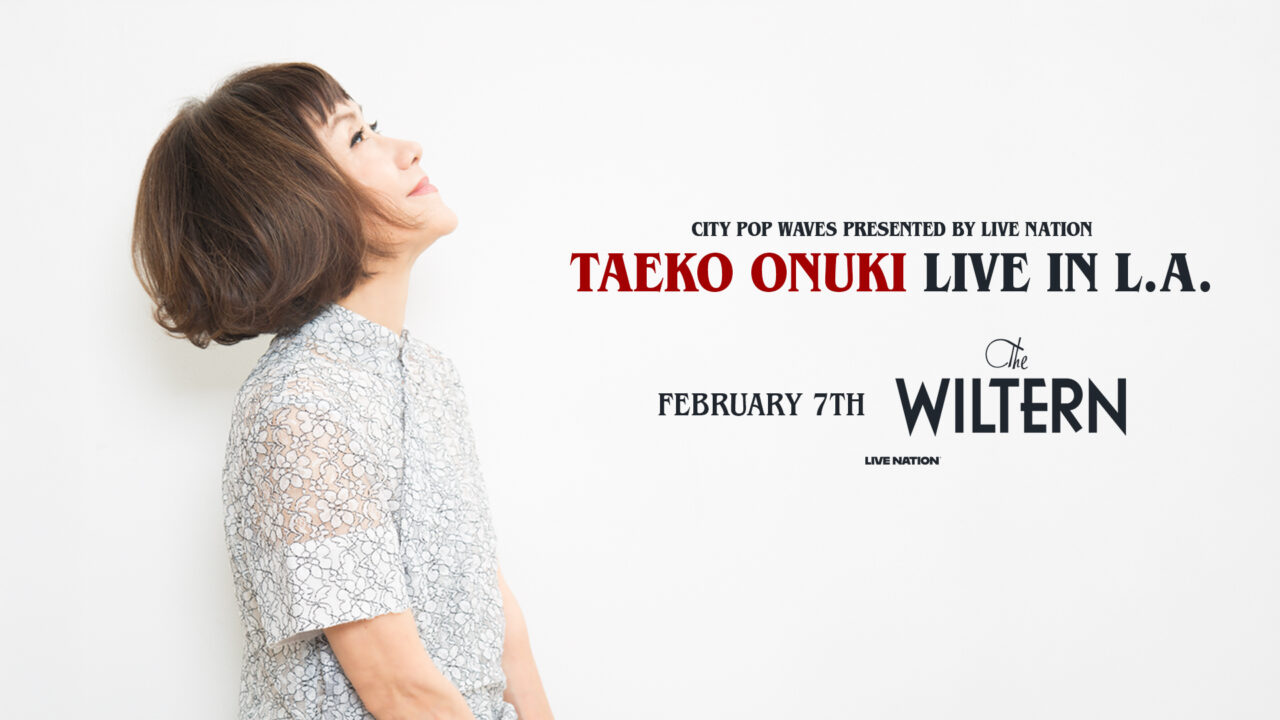Due to pandemic-related travel restrictions since 2020, cross-oceanic artist exchanges faced interruptions, but signs of resumption are emerging. Notably, Korean singer-songwriter Ye Ram (예람) embarked on a Japan tour in October this year.
Active in Seoul’s indie scene, Ye Ram released “Castle” in 2020 and “End Of The World” in 2022. In 2017, she contributed to the compilation “New Folk Music Selection Vol. 1: Songs of Seosongri,” expressing solidarity with the civil movement in Soseongri, a village in Seongju County, Korea.
The tour, orchestrated by Hiroshima-based pianist Takeo Toyama, featured two Tokyo shows organized by singer-songwriter BUOY. At the first tour stop in a U.S. military house in Tachikawa, Yellam and BUOY engaged in a conversation touching upon songwriting, BUOY’s inaugural live performance in Korea, the Seoul indie scene, and travel. Impressively, Ye Ram answered all questions fluently in Japanese.
INDEX
Musical Homage: Ram’s Melodies Evoke BUOY’s Hometown Sentiment
– How did you decide on this tour with Ram?
Ye Ram: After we released our album (“End Of The World”) last year, we did a tour in Korea. When I was thinking that I wanted to go to Japan as well, I met Takeo Toyama, who was visiting Korea with his family, through a friend. When I came to Japan, I first consulted with Mr. Toyama and he introduced me to BUOY.
– So, this tour was truly made possible by the relationship between people.
Ye Ram: Yes, that’s right. I wanted to come to Japan just this year, so I think it is a very strange fate.

A singer-songwriter from Daejeon, Korea, Ye Ram began his career with the EP “Sailing At Dawn” in 2017, releasing his first album “Catsle” in 2020 and his second album “End Of The World” in 2022. She mixes various genres based on folk music, thinking and singing about “living together”.
– I guess you got to know each other’s music after Lam’s visit to Japan was decided. What was your impression of each other’s music?
BUOY: Your voice is very impressive, and it comes in easily like water. Also, you sing in Korean and Japanese, and I thought you have a broad perspective. When I listen to it, I feel that there is a “hometown” in my heart and I feel nostalgia. But I don’t know if that is Ram’s hometown or if I, the listener, find my hometown there and feel relieved.

Solo unit by Misa Yoneyama. started playing gut guitar and writing lyrics around 2018. released 1st album “Sanko mimi” in 2019 and 2nd album “Akarui kara” in 2022. He is also active in the unit “Yurei” with White and Eda and Ai Matsui.
Ye Ram: When I heard BUOY’s music, I also thought, “She has a beautiful voice. Also, I felt her kindness toward all things. I don’t think I understand 100% of the lyrics, but for example, the words “akarui” and “kurai” have more than one meaning. I felt there were many different points of view.
BUOY: That’s what I value. I try to sing words that are as simple as possible, without decoration, but I think that the meaning will differ depending on the timing and situation. Whether it is the listener or myself. I am glad that you were able to capture that.
– How do you write songs?
Ye Ram: In my case, the lyrics and melody often come out at the same time. I often start with one measure that came to me while playing the guitar and expand it from there.
– Do the lyrics often come to you first?
BUOY: Words come to me, and I think about how I want to sing them while playing the guitar. However, I often know the melody when the lyrics come to me. For example, if I hear the word “easy,” I want the intonation to be the same as when I speak. I want to sing as if I were speaking.
Ye Ram: You mean you look for a melody that matches the words. I really sympathize with you. I think there are melodies that can only be produced in a particular language.

– To my ears, your songs sound like you are “singing as if you were speaking. The words and melody are very naturally connected.
Ye Ram: I always look for words that go with the melody. I’m always looking for words that go well with the melody. When it fits perfectly, I am happy and say, “This is it! I’m happy. It’s like finding clothes that suit me. Sometimes I can find it right away, and sometimes it’s hard to find.
BUOY: Yes, I understand.
– It’s an interesting story. Sometimes you try clothes on quickly and it feels right, but sometimes you have a hard time finding the right combination.
Ye Ram: Oh, yes, that’s true!
INDEX
The Sea as a Dual Realm for Self-Discovery and National Parting
– By the way, the word “sea” often appears in your songs. Did you grow up near the sea?
Ye Ram: No, I was born and raised in a place called Daejeon, which has nothing to do with the sea. Earlier, you said that you felt “hometown” and “nostalgia” when you heard my song. The feeling of “nostalgia” has always been a part of me, and the sea is a representation of that. Growing up far from the sea, the ocean was not an everyday part of my life, and I guess that is why I feel nostalgia and longing for it. When I look at the ocean, I feel that there is a world out there. I look for my place there, and it gives me a chance to think about where I came from.
– The sea is not just an everyday landscape, but it is more fundamental, a place where life comes from.
Ye Ram: Yes, that’s right.
– You are from Chigasaki, but you grew up quite far from the sea.
BUOY: For me, too, the ocean was not something I did on a daily basis, but rather a place I would occasionally go to play. It was more of a place I longed to visit. It is a vague image, but I sometimes wonder if the ocean is the place I will eventually return to.

– I wonder if I feel nostalgia for Ram and BUOY’s songs because I have such an image of the sea somewhere in my mind.
BUOY: I feel something like that.
– I love your song “Over The Sea. The song is sung alternately in Korean and Japanese, and I was moved when she sings in Japanese, “We will meet again someday, on a day when autumn rains fall,” during the time when she could not see her Korean friends due to the Corona disaster.
Ye Ram: Thank you very much, I am very happy.
– Why did you sing “Umi Goe” in Korean and Japanese?
Ye Ram: The simple reason is that I don’t speak English. It was the foreign language I could speak the most, so I sang it in Japanese. I once participated in an exchange program called the East Asia Global Citizen Village, where people from China, Japan, Korea, and Taiwan gathered to discuss education and history. At that time, I thought it was important for us to communicate with each other, so after returning to Korea, I made a song called “Umi koe. If I could speak Chinese, I would have sung it in Chinese as well.
In this song, I wanted to sing about the “connection of paths. However, as you said, I think it took on a different meaning after the Corona disaster. At first I was thinking about country to country, but now I sometimes sing while thinking about friends I can’t see.



























